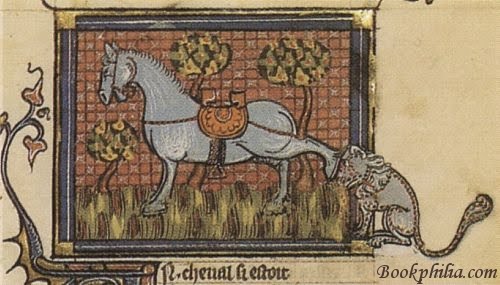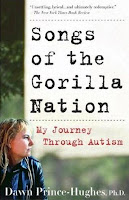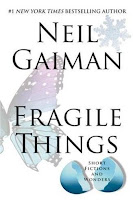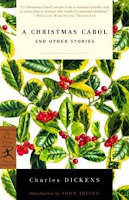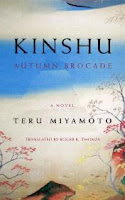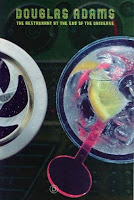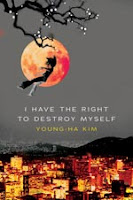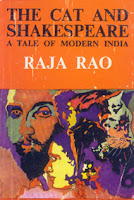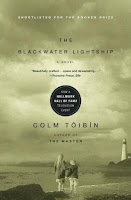
It took me just about 2 days of reading off and on to both begin and complete Colm Toibin's The Blackwater Lightship. I really ought to have started another book I need to be reading for the Toronto Vegetarian Podcast (to do an interview with the author), but after Songs of the Gorilla Nation, I really wanted to be reminded of why I like reading. *Shudder*
Colm Toibin is a famous Irish writer, having written numerous books, both fiction and non-; however, I don't think I'd heard of him until Vicki recommended him to me. I got this one via Bookmooch from someone in England whose in-laws live near Blackwater - ah, the pleasure of reading about a place one's actually familiar with! I ought to read more books about Seoul or something...
Anyway, The Blackwater Lightship is very much a work of Serious Contemporary Fiction. It's a portrait of how the surviving members of one screwed up and estranged family are forced to deal with one another when Declan, the young and favourite son, is revealed to be dying of AIDS. When I received the book in the mail and saw that one of the reviewers had described Toibin's writing as "spare" and "powerful" in the same breath I started to worry, for in my experience, these two adjectives when applied to Serious Contemporary Fiction generally mean shiteous writing describing horribly sentimentalized mush about the Universal Human Experience.
Well, lucky for me, my worries were misplaced with The Blackwater Lightship - the writing was spare but it was also very good and god bless the man for never resorting to sentimentalism of any kind. There was reconciliation at the end of the book but it wasn't unrealistically complete or too easily arrived at and the main character was still a jerk anyway. I'll definitely keep an eye out for more of Toibin's work (and apologize to him in spirit for not knowing how to make the proper accents over the o and second i in his last name in this computer program).
